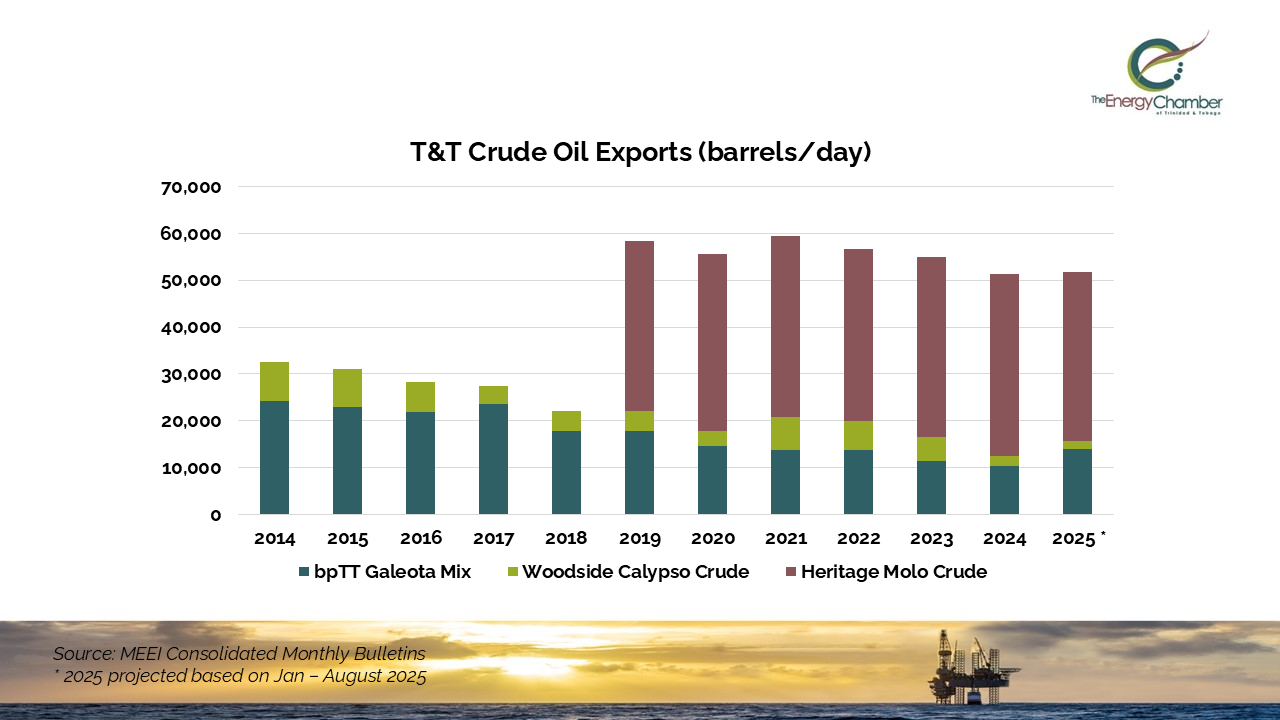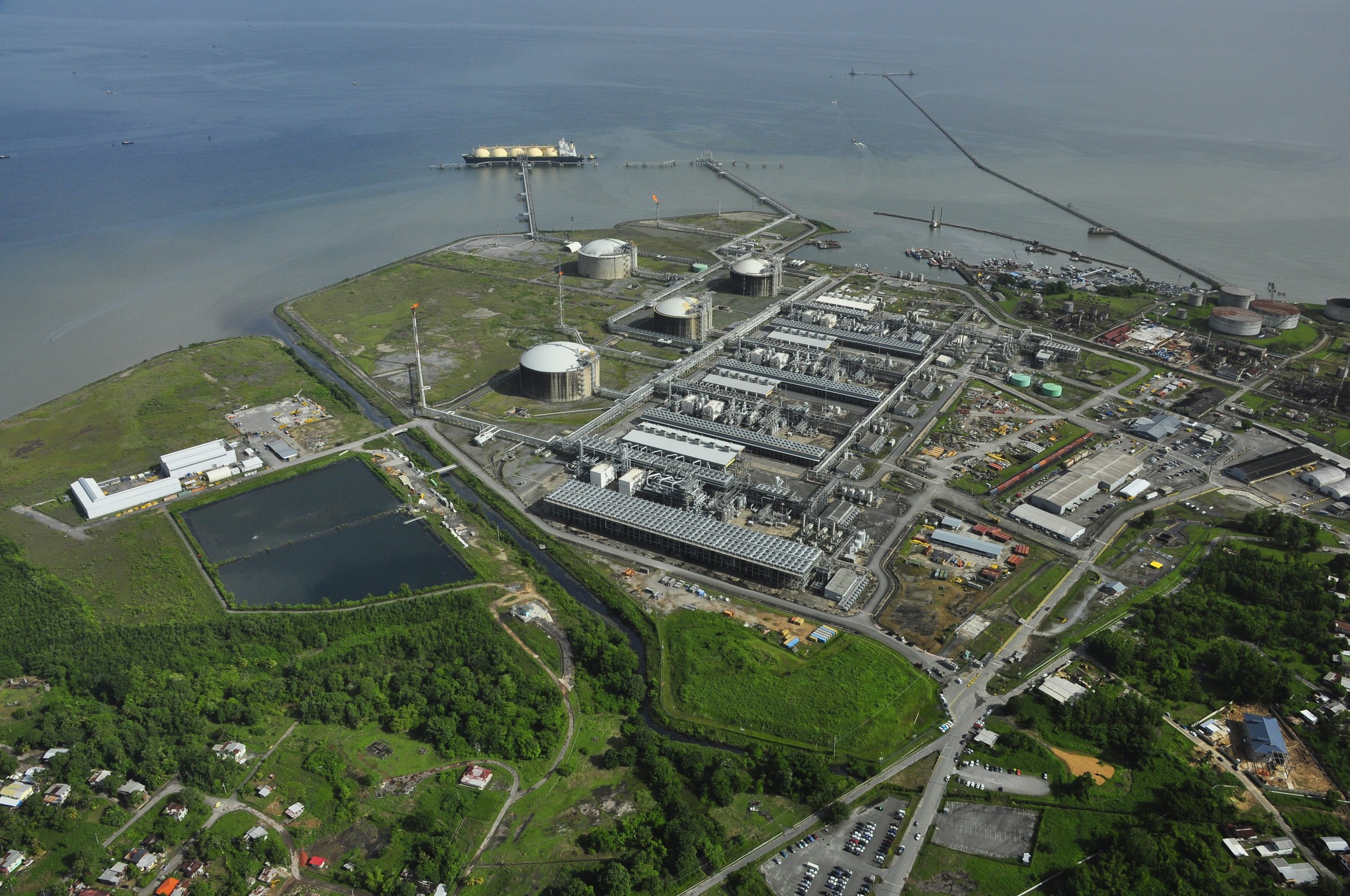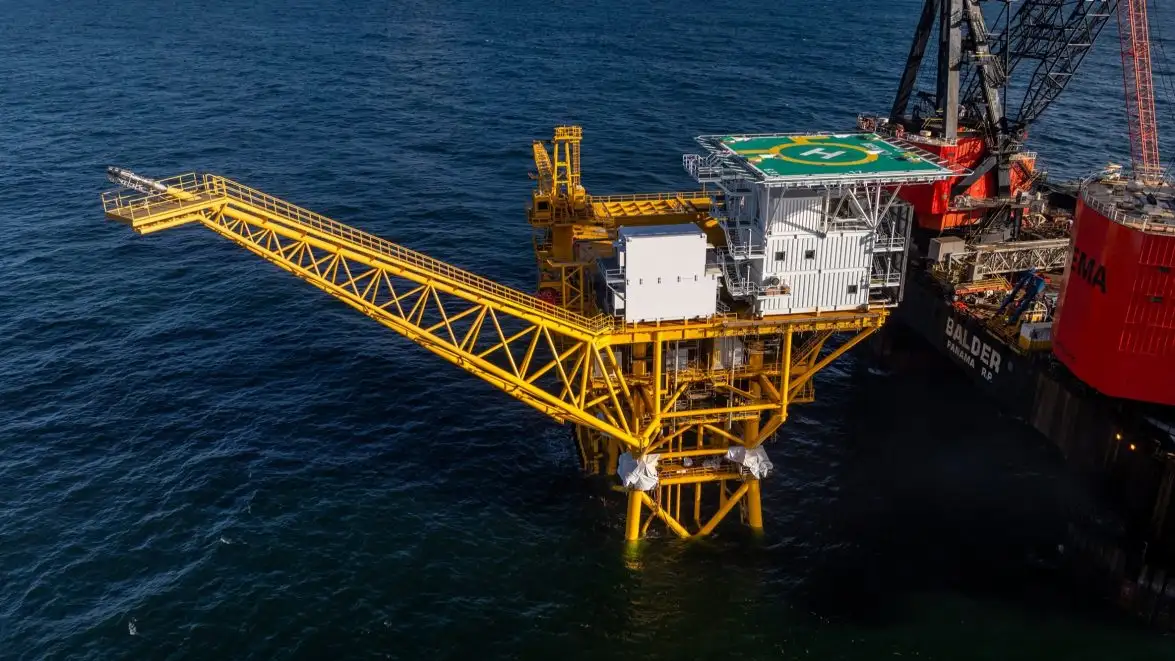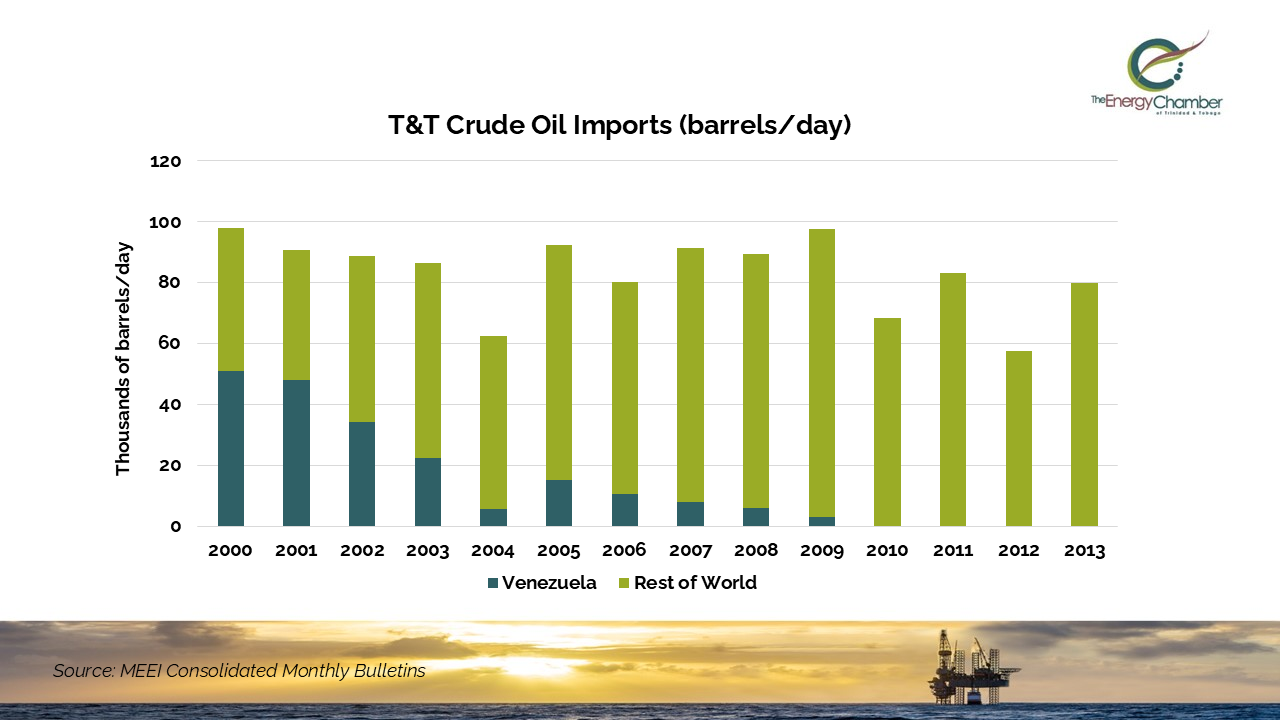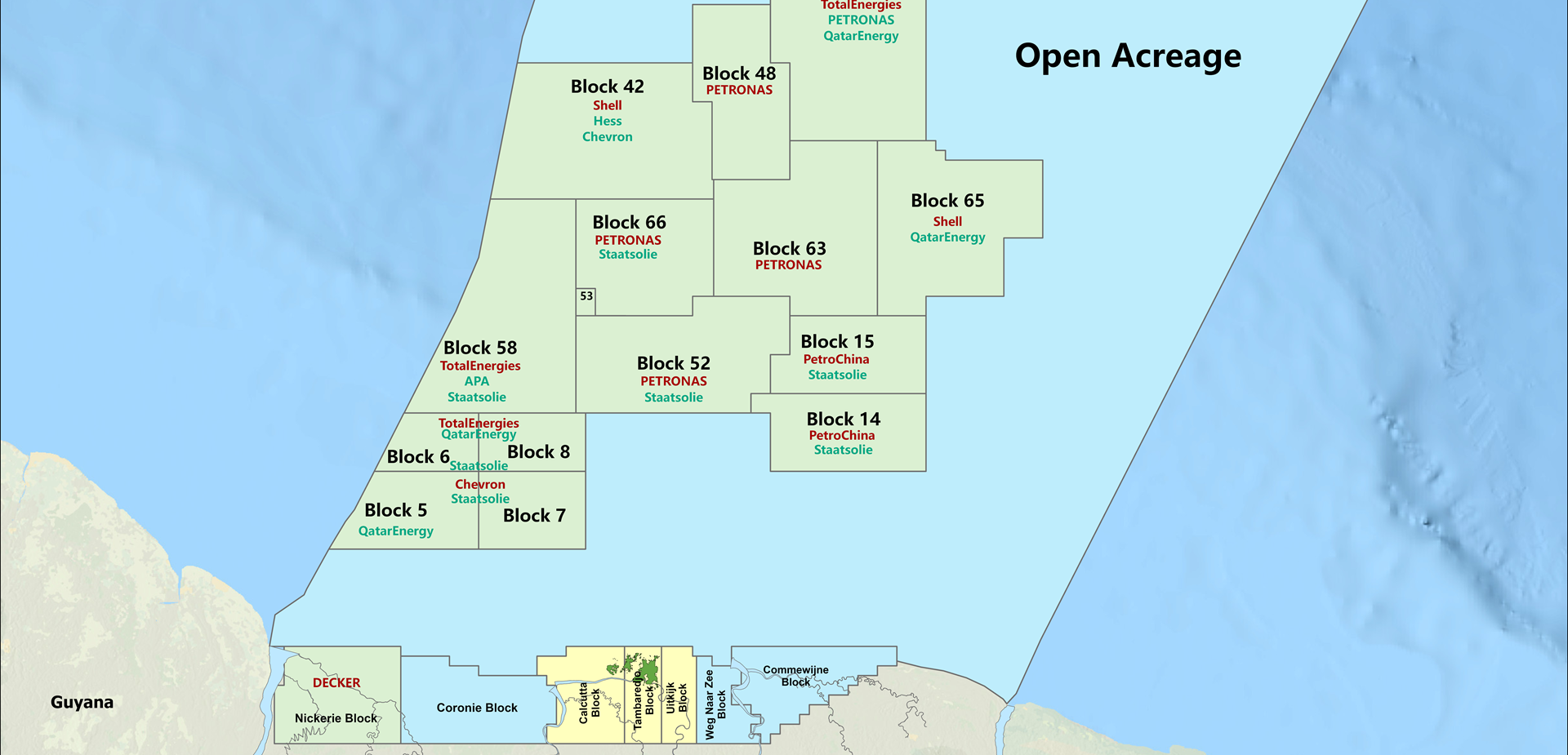Exolum, Methanex Corporation and Ørsted, have announced the launch of the United Kingdom’s (U.K.) first commercially ready biomethanol storage and supply service for shipping at the Port of Immingham. The Port of Immingham is the U.K.’s largest port by cargo volume and a critical gateway for energy and bulk materials, making it an important hub for maritime operations and low‑carbon fuel supply.
In the 2026 budget, Guyana has designated GY$118.9 million, or approximately US$570,000, for the technical review of ExxonMobil’s proposed Longtail development. Natural Resources Minister Vickram Bharrat announced the funding during the consideration of budget estimates, explaining that the allocation prepares the government for the likely submission of a field development plan for this eighth project in the Stabroek Block.
Transocean has announced plans to acquire Valaris in an all-stock transaction valued at approximately US$5.8 billion. The deal will create one of the world’s largest and most diversified offshore drilling contractors and reflects accelerating consolidation in the offshore drilling sector as companies position themselves for increased deepwater and ultra-deepwater activity.
The Energy Chamber of Trinidad & Tobago warmly welcomes the rolling back of US sanctions on the activities of oil and gas companies operating in Venezuela, including both the major operator companies and service companies and contractors.
The U.S. Treasury Department has issued a general license authorizing the provision of U.S. goods, technology, software, or services for the exploration, development, or production of oil and gas in Venezuela.
Since the closure of the Pointe-a-Pierre refinery in 2018, Trinidad and Tobago has transitioned to exporting all of its domestic crude oil production to the international market. This shift resulted in an immediate and significant spike in export volumes.
Unlocking Corporate Innovation with ISO 56001
Recent weeks have produced developments in international oil politics that would once have been expected to rattle markets: a U.S. operation to apprehend Venezuela’s president, explicit statements by President Trump that the United States intends to “run” Venezuela during a transition, and a renewed emphasis on control of strategically important oil assets in the Western Hemisphere. Yet despite the scale of these events, oil prices have remained broadly stable. Brent has not surged, volatility has been contained, and markets appear to be treating the developments as significant politically but manageable economically.
According to the EIA, the benchmark natural gas spot price at the Henry Hub is projected to decrease by approximately 2% to just under $3.50 per million British thermal units (MMBtu) in 2026, before rising sharply in 2027 to nearly $4.60/ MMBtu. The annual average price is expected to dip slightly in 2026 as annual supply growth keeps pace with demand. However, for 2027, the EIA forecasts that demand growth will outpace supply, driven primarily by increased feed gas demand from U.S. liquefied natural gas (LNG) export facilities. This shift is expected to reduce natural gas in storage and put upward pressure on prices.
A 3D seismic survey is gearing up to deliver new insights into the TTUD 1 Block, operated by ExxonMobil Trinidad and Tobago Deepwater Limited. The survey is designed to safely acquire subsurface data to rapidly assess the block’s hydrocarbon potential and guide future exploration decisions. This effort has been strengthened by close collaboration among Trinidad and Tobago’s government agencies, industry partners, and technical teams.
Around the world, the energy sector is undergoing a profound transformation. Nations are seeking solutions that maintain reliability while reducing emissions and controlling costs– an equation especially challenging for small, fuel‑importing island states. As discussions shift from long‑term ambitions to practical, deployable options, methanol is emerging with renewed relevance. For Proman, one of the world’s largest methanol producers and a cornerstone of Trinidad and Tobago’s energy economy, methanol represents far more than a globally traded commodity. It offers an opportunity to strengthen Caribbean energy resilience, create new economic pathways, and position the region at the forefront of scalable, cleaner power generation.
EnergyNow Issue 53 now available online
On behalf of the Board and Staff of the Energy Chamber of Trinidad & Tobago, I bring salutations, to Members of the Diplomatic corp, Members of the Board, Representatives of our Sponsor members, Members of the Energy Chamber, Members of the Media, ladies and gentlemen.
The National Gas Company of Trinidad and Tobago Limited (NGC) has successfully executed a new gas supply agreement with major upstream supplier EOG Resources Trinidad Limited. According to the NGC, this agreement represents NGC’s concerted efforts to secure a continued and reliable natural gas supply for Trinidad and Tobago’s domestic energy sector.
The Energy Chamber of Trinidad and Tobago hosted a preparatory session for the five Innovation Challenge finalists to refine their presentations for the upcoming T&T Energy Conference on January 27th, 2026 at the Hyatt Regency Hotel.
Over the past few years there has been a great deal of discourse in Trinidad & Tobago about the opportunities to import natural gas from Venezuela to Trinidad for processing into petrochemical or LNG and re-exporting the final products to international markets. This continues to be a major area of interest and especially with the Dragon gas field.
Dr. Jenifer Neidhart de Ortiz, Chargé d’Affaires at the United States Embassy, Port of Spain, met with a select group of members of the Energy Chamber of Trinidad & Tobago in the downstream gas and heavy industrial sectors, at the Chamber's offices in Point Lisas. The group discussed business opportunities and the sustainability of the gas-based industrial sector in Point Lisas, .
The Energy Chamber of Trinidad & Tobago is delighted to announce that His Excellency Patrick Brunings, Minister of Oil, Gas and the Environment, Republic of Suriname is confirmed to deliver a keynote address at the annual Trinidad & Tobago Energy Conference on the 26th January 2026.
Axess Group has secured a long-term Asset Integrity Management (AIM) contract with Noble Corporation, a global leader in offshore drilling services for the oil and gas sector.
The National Gas Company has announced the acquisition of Trinidad Region Onshore Compressor (TROC) from bp Trinidad and Tobago (bpTT).







